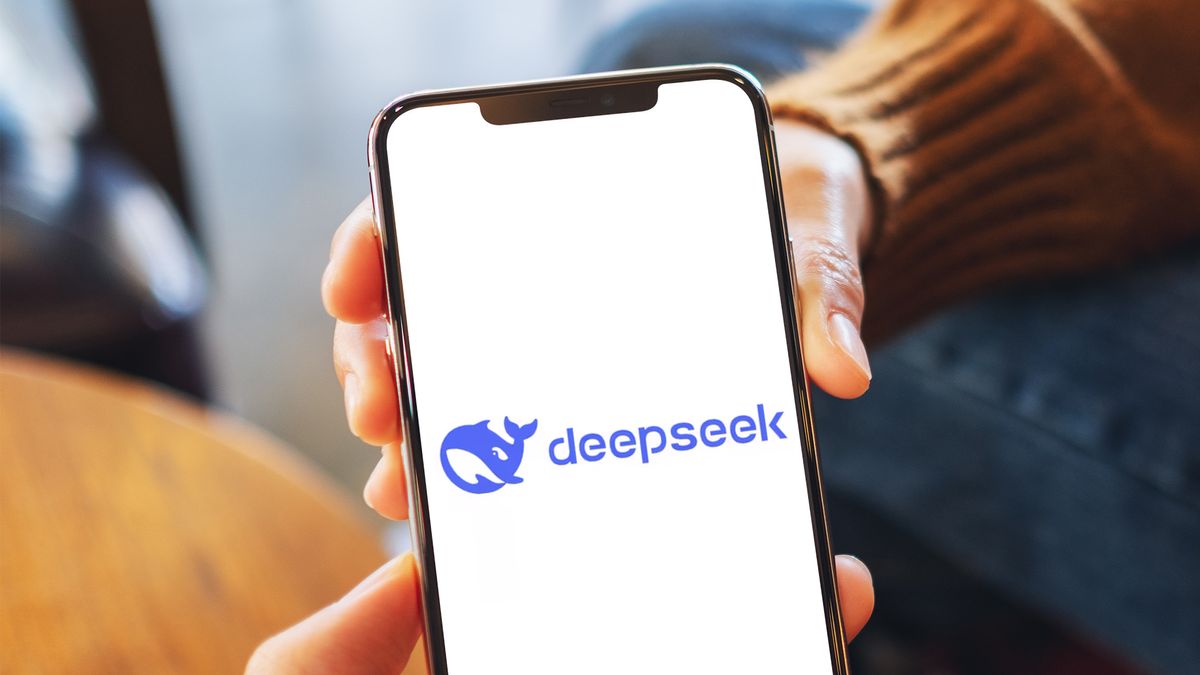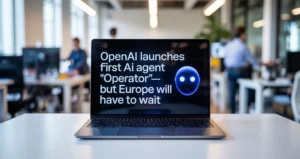OpenAI Urges US Government to Prohibit DeepSeek, Describing It as ‘State-Subsidized’ and ‘State-Controlled’

OpenAI’s Stance on DeepSeek
Concerns About DeepSeek’s Origin
OpenAI is making headlines by urging the US government to ban the use of DeepSeek across key sectors such as military and intelligence. This move is outlined in a letter sent to the Office of Science and Technology Policy, where DeepSeek is described as "state-subsidized" and "state-controlled." The suggestion raises alarms about the implications of using Chinese AI technology in critical domains.
In the same proposal, OpenAI’s Vice President of Global Affairs, Chris Lehane, emphasizes the risks associated with utilizing Chinese-produced technology. He calls for an outright ban on using equipment like Huawei’s Ascend chips in what he refers to as Tier 1 countries. These concerns stem from fears of potential security breaches, including the threat of intellectual property theft that may arise from such technology.
The Commercial Impact of DeepSeek
DeepSeek has caused a stir within the AI community by delivering results comparable to OpenAI’s ChatGPT with its cheaper DeepSeek-R1 model. This affordability has led to an immediate dip in the stock value of companies heavily invested in AI, although the market has shown signs of recovery since then. Speculation surrounds whether DeepSeek’s rapid development is driven by innovative training methods or if it may have used OpenAI’s proprietary training data against its policies.
Interestingly, there have been instances where DeepSeek mistakenly identified itself as ChatGPT when queried about its identity, raising further questions about its unique capabilities.
Risks Associated with DeepSeek
In their letter, OpenAI outlines the substantial dangers that come from integrating DeepSeek’s models into essential infrastructure. They caution that, given its ties to the Chinese Communist Party (CCP), there could be a risk of the Chinese government coercing DeepSeek to alter its models for harmful purposes.
While there is no explicit evidence linking DeepSeek, which operates under the Chinese hedge fund High-Flyer, directly to government control, its moderation capabilities raise concerns. The DeepSeek-R1 chatbot has been noted for its inability to engage in discussions about politically sensitive subjects, such as the Tiananmen Square protests, which suggests a lack of transparency.
The Pursuit of Artificial General Intelligence (AGI)
OpenAI is actively working towards achieving artificial general intelligence (AGI), which refers to systems that can perform tasks requiring human-like cognitive abilities. In their correspondence, the organization reiterates its intent to lead the way in AI advancements while defending democratic values. They argue that fostering an environment free from oppressive regimes is essential for the progress of AGI.
CEO Sam Altman has highlighted the potential of entering a new era termed the "Intelligence Age," where people can access the benefits of AGI. OpenAI contends that it is necessary to protect individuals from authoritarian influences and the bureaucratic hurdles that may impede technological access and development.
OpenAI’s Call for Regulatory Clarity
In addition to calling for a ban on DeepSeek, OpenAI seeks to lift what it regards as "overly burdensome state laws" that hinder innovation. The organization’s emphasis on creating a framework that allows freedom in the development and application of AI technologies reflects the urgency they see in maintaining a competitive edge in the global AI landscape, especially in light of rapid advancements from foreign entities.
The ongoing debate about DeepSeek and similar technologies highlights the complexities surrounding AI development, national security, and ethical considerations in a rapidly evolving technological environment. As discussions continue, the implications for both policy and innovation in AI will remain a focal point for stakeholders.





